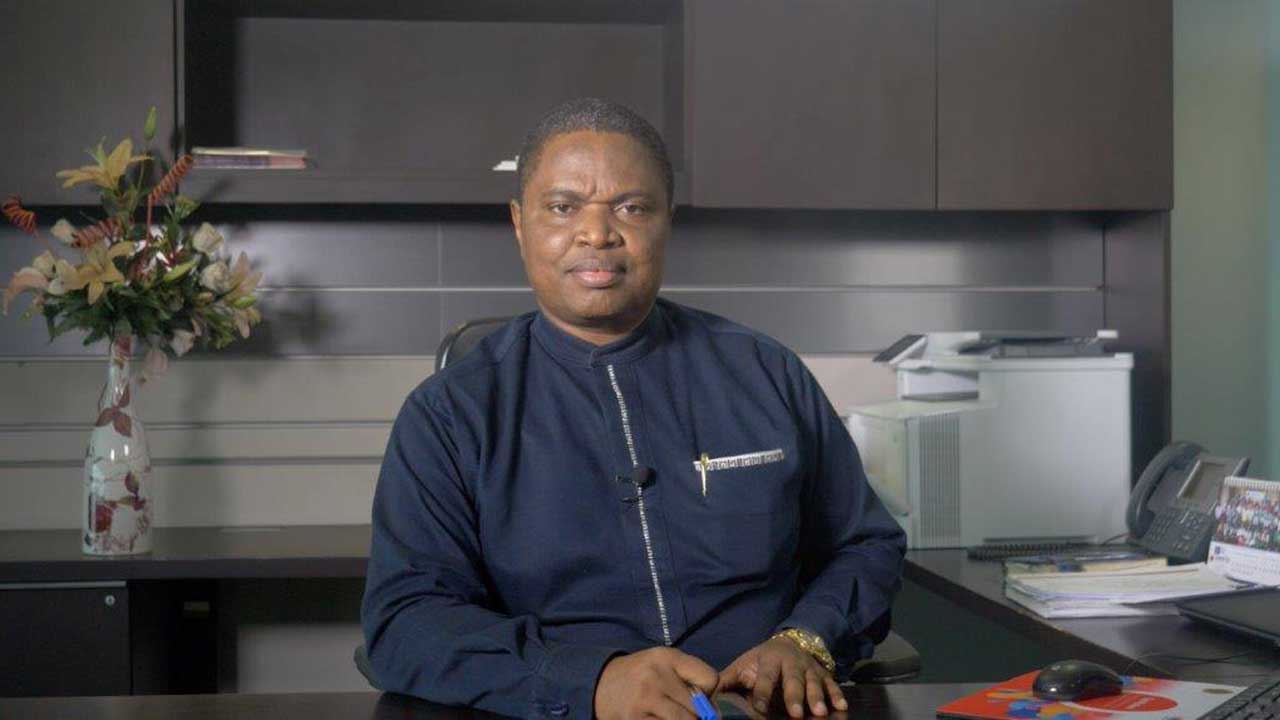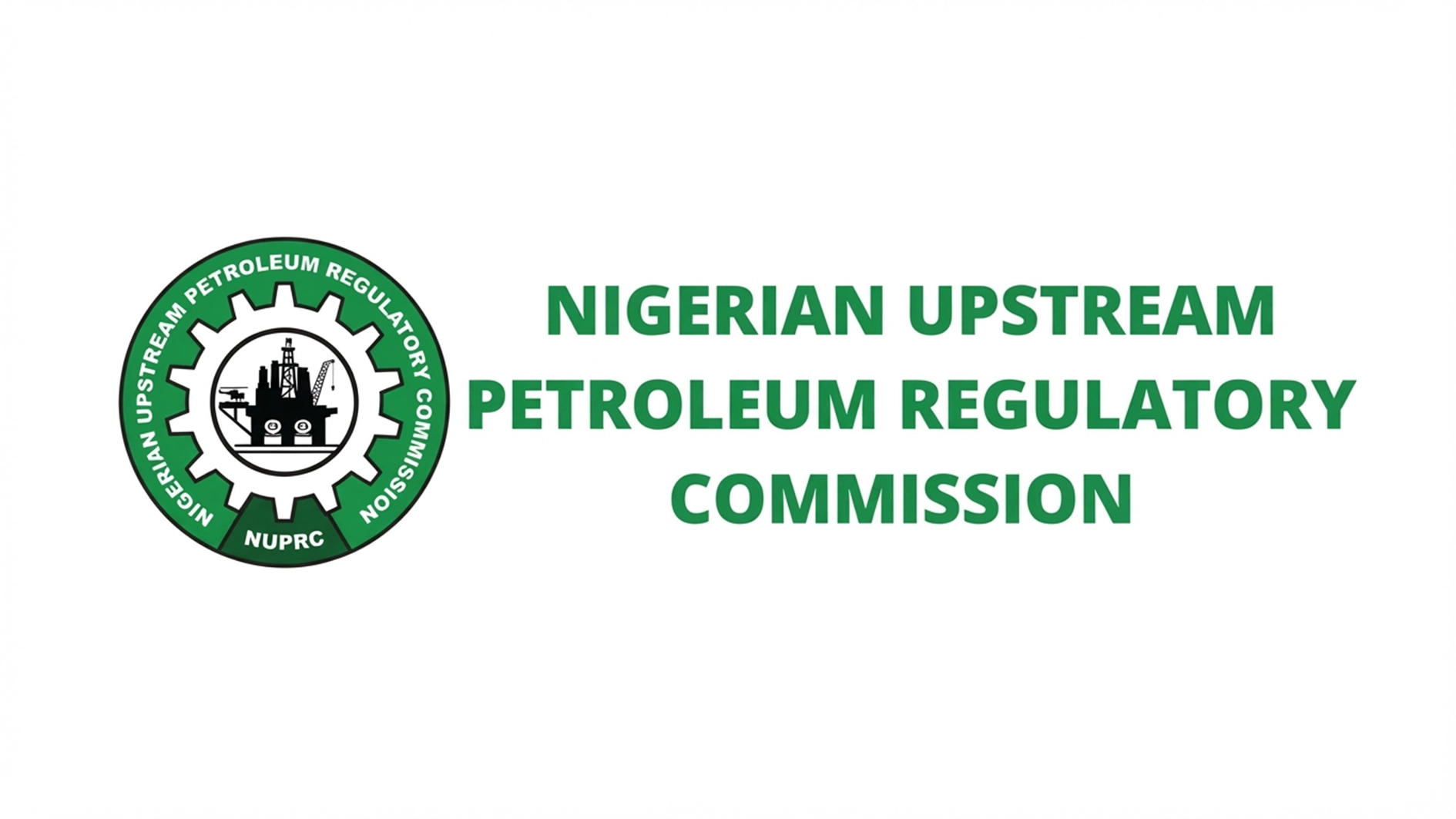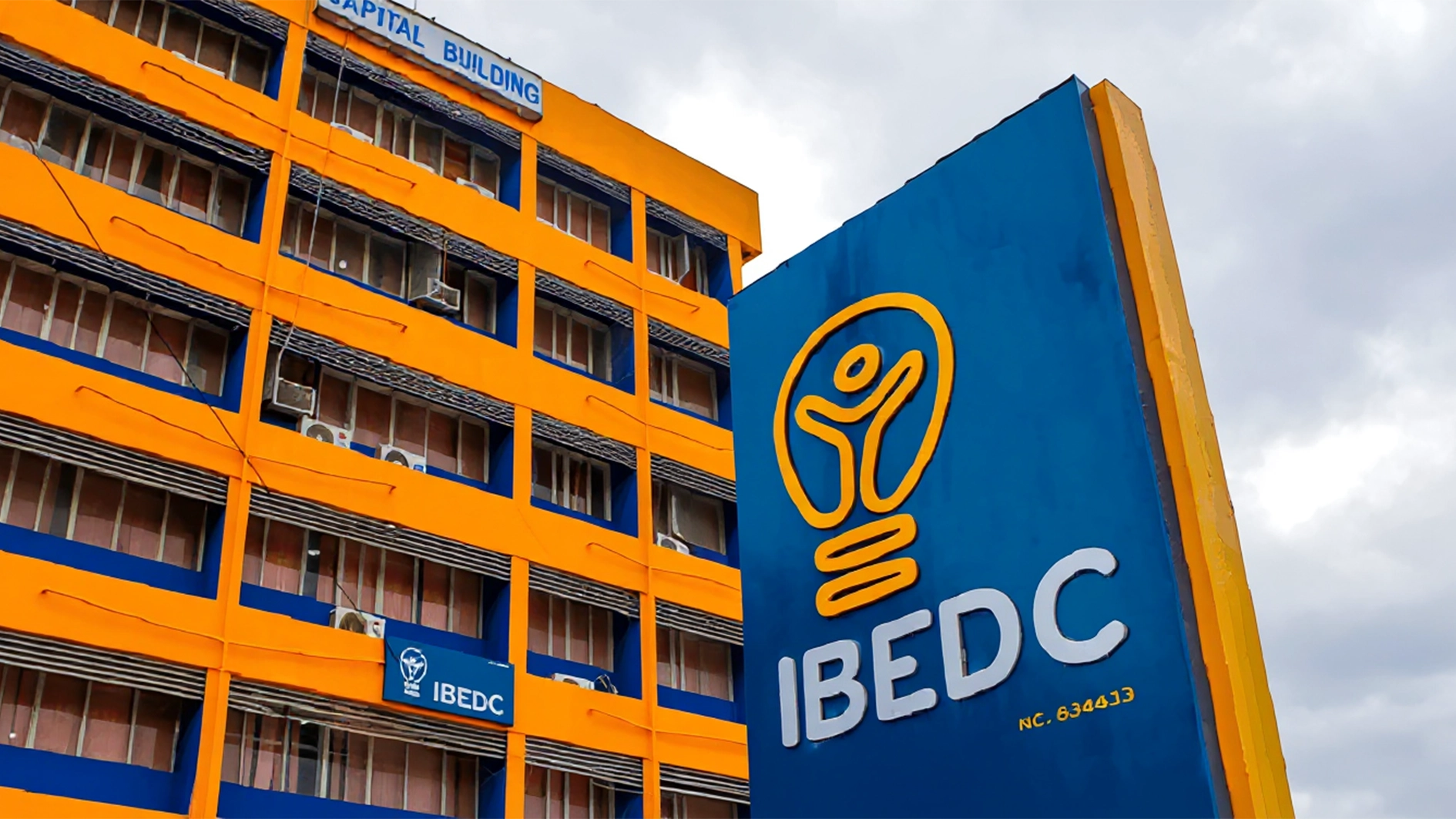
Felix Amieyeofori is the Executive Consultant, Operations for Pan Ocean Corporation. In this interview, preparatory to the unveiling of the firm’s 160,000bpd Amukpe-Escravos projects, he talks about the opportunities and challenges in the global oil industry, alongside key factors influencing oil prices. FEMI ADEKOYA writes.
Can you provide an update on some of the projects you have undertaken in the last few years?
The Amukpe-Escravos, 160000 bpd, 67 km x 20 in horizontal directional drilling (HDD) export line is first of its kind in Nigeria and Africa. With a burial depth of 45-150 ft, this is the most secured export route in the country. The 200 MMscfd gas processing plant with LPG/Propane modules, is a game changer also in the energy space as we are positioned to provide gas to power Nigerian homes, offices and industries, while also supplying LPG to bridge the short fall in LPG market in Nigeria.
Finally, the production of oil and gas from OML-147 at Owa Aladima is one of the most recent development in the Niger Delta, and also the first to be on production amongst the 2007 bid rounds. All three projects which will be ready for unveiling at the technical start up taking place June 10, 2019, will contribute significantly to Nigerian industrialization and economic growth, on the one part and empowerment of the host and impacted communities.
What kind of support did you receive from your joint venture partners?
The Gas Plant and the Amukpe-Escravos pipeline are both Joint Venture Projects with NNPC, and we are bold to testify of their full technical, financial and moral support from conception to this present stage of technical start up and unveiling. The Field development project at OML-147 in Owa Aladinma is a Production Sharing Contract (PSC), and as in all PSCs projects, NNPC-NAPIMS were fully behind us technically and morally, through our various engagements with them.
We have very good working relationship with the various government establishments especially the regulatory authorities, and also from both houses of the national assembly, who have visited the projects sites several times to see things for themselves.
How sustainable is the pipeline project given the cost?
As we speak, we are already battling with over capacity allocation of the entire 160,000 bbls injection capacity with prospective customers within the pipeline route.
Should we expect periods of shutdown and force majeure which has been the bane of existing pipeline projects in the Niger Delta?
Shut down and force majeure are normal in any operation, but we are confident that they will not occur because of pipeline vandalization.
Non-passage of the PIB has stalled a lot of investment decisions in the sector. What gave Pan Ocean the impetus to go ahead with these projects?
Pan Ocean has been in this business for about 46 years since 1973 with first oil production in 1976. We are also the first Nigerian company to sign on the Participation Agreement with Government to become a Joint Venture Partner in the Industry. Given this history, and as the pioneer Indigenous Joint Venture Company with NNPC, we have experienced continuous evolution of the Nigerian Oil and Gas Industry, and so are not discouraged in our resolve to invest in these mega projects for the good of this Country as Nigerians because of the delay in passing the PIB or PIGB. This is because we are here to stay to contribute our quota, and are therefore confident, that in no distant time, given the level we are with the PIBG process, the Government will pass this Bill into Law.
The crash in oil prices in the 2014-2015 period was a tempestuous time for many oil and gas industry players, how did this period affect Pan Ocean’s operations?
Yes, as you have noted, these are mega projects running into several billions of US dollars, and as you also know, securing such funding in this country has always been a major challenge. We were really pushed beyond our strength, and were in more than once, nearly threw in the towel, but by the grace of God, we held on, and found willing Partners and Institutional Financiers to augment our part of the funding. We are glad that we did not give up, as we would have missed this great opportunity of celebrating these landmark achievements in this country. It pays to hold on.
The gas processing plant is meant to supply lean gas to NIPP power plant. Are you worried about the huge unsustainable debts prevalent in the power sector?
Every investor will worry about overdue invoices, and we are aware of the prevailing conditions in the market. However, if government must achieve their dreams of diversifying the economy, which will greatly depend on sustainable power generation and distribution, this is one of the areas – the huge debts in the power sector, must be tackled to encourage investors in this sector. Pan Ocean fortunately has been lucky with payments from our off-takers, and we are hoping that, we will continue to enjoy that working relationship with them.
How did Pan Ocean cope with the several communities along Amukpe-Escravos pipeline during the construction stage?
Pan Ocean worked with all major contractors to ensure that the contractors carried along the communities in term of labour, access road clearing and other local contracts. We also ensured regular communication with Community representatives. On few occasions when issues arose, we sought the intervention of the State Government through the Ministry of Oil and Gas to quickly resolve such impasse.
Perhaps it’s a good time for the OML 147 Oma Aladinma to come on stream given that crude oil price is hovering around $70 per barrel. Are you excited about this development?
We are happy that oil prices are looking good for now, but our sustainable strategy is always to operate the asset efficiently to deliver value to all stakeholders. This is because, crude oil prices have become more uncertain due to the interplay of geopolitical forces than the usual market forces of demand and supply, and as a prudent operator, we must continue to deliver value no matter where the pendulum swings.
We are in the age of automation and artificial intelligence. How much of technology were incorporated into these projects?
The Amukpe-Escravos export line is based on horizontal directional drilling (HDD) technology that helped to position the pipeline at burial depth ranging between 45 – 150 feet deep in the ground. This is the first of its kind as an export line in Nigeria and on the African continent. Our gas plant and LPG/propane plants and the crude oil and gas processing plants at OML-147 are all automated to run with minimal human interface.
Going forward, what are your expectations from government and national assembly?
We expect the Nigerian government to take credit for such strategic economic projects by an indigenous company, and therefore provide sustainable business environment for the smooth operations of these assets.
What is the next big project we should expect from Pan Ocean?
We do recognize that the unveiling of these mega projects has placed Pan Ocean amongst the energy majors in the country. We are already aware of the expectations and are not relenting in our creativity. We are already on the drawing board and can only ask that you wait for the next unveiling in no distant time.






